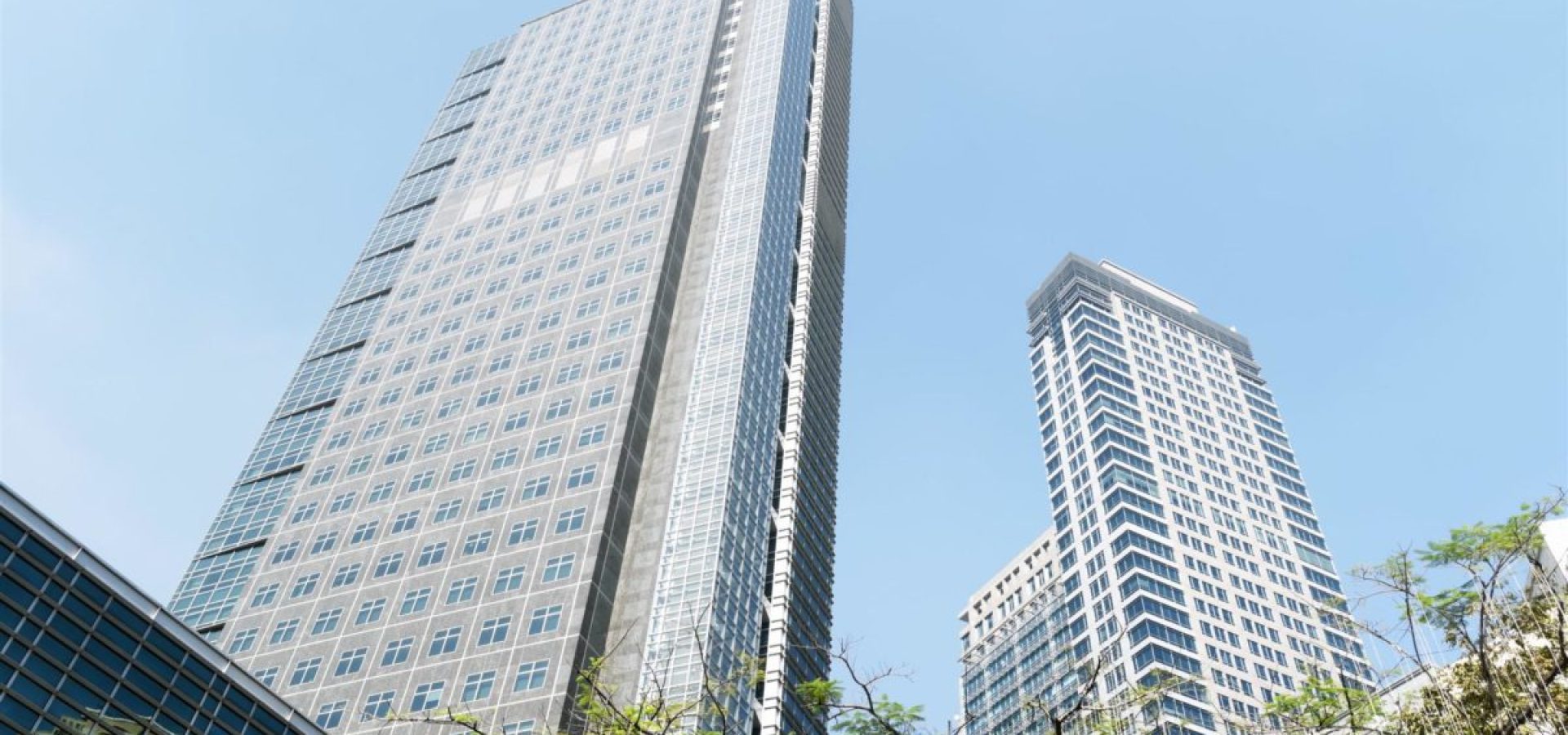It is not an easy task to measure the economic impact of coronavirus. Investors as well as analysts are trying to analyze as much information to have a better understanding of the impact of coronavirus. This process will take several weeks or even months. It is hard to say for how long the virus will remain one of the biggest challenges for the stocks. In this situation, stock exchanges have to find the optimal solution.
On Tuesday, stock markets in Asia were mixed as the U.S. stock indexes experienced their biggest day drop in three decades overnight. Moreover, Philippine Stock Exchange decided to suspend trading. Stock exchange made this decision to ensure the safety of employees as well as traders. On Monday, the benchmark PSE Composite Index slipped almost 8%.
Stock Exchanges around the world
However, this was not the case for the stocks in Australia. The S&P/ASX 200 closed 5.83% higher at 5,293.40. On March 16, theS&P/ASX 200 plummeted almost 10%.
Unfortunately, mainland Chinese stocks fell on Tuesday. The Shanghai composite dropped 0.34% to around 2,779.65. At the same time, the Shenzhen composite fell 0.425% to approximately 1,704.74.
However, Hong Kong’s Hang Seng index advanced 0.61% as of its final hour of trading. Hong Kong Stock Exchange is the third largest exchange when it comes to market capitalization. Moreover, it is the fourth single largest stock market in the world.
In Japan, the Nikkei 225 closed slightly higher at 17,011.53. Another Japanese index jumped 2.6% to end its trading day at 1,268.46.
South Korea’s Kospi index fell 2.47% to 1,672.44.
On Sunday, the Federal Reserve announced a massive monetary stimulus. The following day, several central banks in Asia also announced the measure to tackle the issues connected with coronavirus.
Central banks along with the governments have the potential to solve at least some of the problems.









COMMENTS